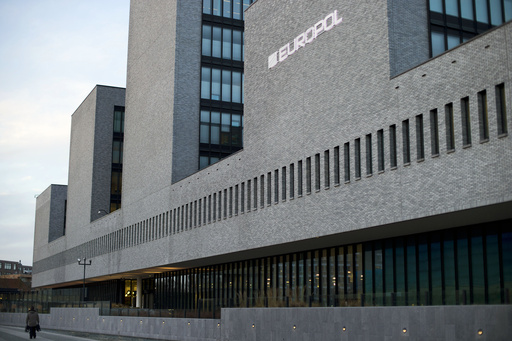
ZAGREB, Croatia — Authorities in Croatia have arrested thirteen individuals believed to be involved in the illegal importation and disposal of hazardous waste. This announcement was made by the European Union’s law enforcement agency on Friday.
Among those apprehended, two Czech nationals are identified as the main suspects and are considered significant targets by Europol. They are thought to have led operations that illegally imported hazardous waste from Italy, Slovenia, and Germany into Croatia.
Instead of undergoing proper disposal or treatment, this waste had been disposed of irresponsibly by dumping and burying it, according to Europol. The agency revealed that approximately 35,000 tons (around 38,580 U.S. tons) of waste were disposed of unlawfully, generating significant profits estimated at over 4 million euros (approximately $4.2 million). The waste was misrepresented as recyclable plastic waste, while it was actually classified as dangerous material legally. Furthermore, Croatian officials suspect that this criminal syndicate also buried and dumped medical waste from local Croatian companies.
In a related move on Friday, Croatian anti-corruption authorities announced their investigation into ten individuals and four corporate entities suspected of engaging in criminal conspiracy, environmental crimes, tax evasion, and money laundering. Reports from the state-run HRT television indicate that authorities are pushing to maintain the detention of seven suspects.
The Croatian agency responsible for combating organized crime and corruption stated that illegal dumping has caused significant harm to the environment. It noted that this damage includes alterations to land configuration that affect local flora, the release of toxic particles into the soil and air, and potential health risks for residents.
According to the Office for the Suppression of Corruption and Organized Crime, Croatia has incurred “considerable ecological damage” and additional, yet unspecified, material harm.
Europol indicated that the suspects exploited the structures of legitimate businesses. They would often propose lower disposal rates and subsequently falsify documentation to transport their waste to Croatia, allegedly for recycling purposes.
The practice of waste trafficking not only allows criminal organizations to earn substantial profits but also frequently results in severe and irreversible damage to the environment, as emphasized by the agency.

